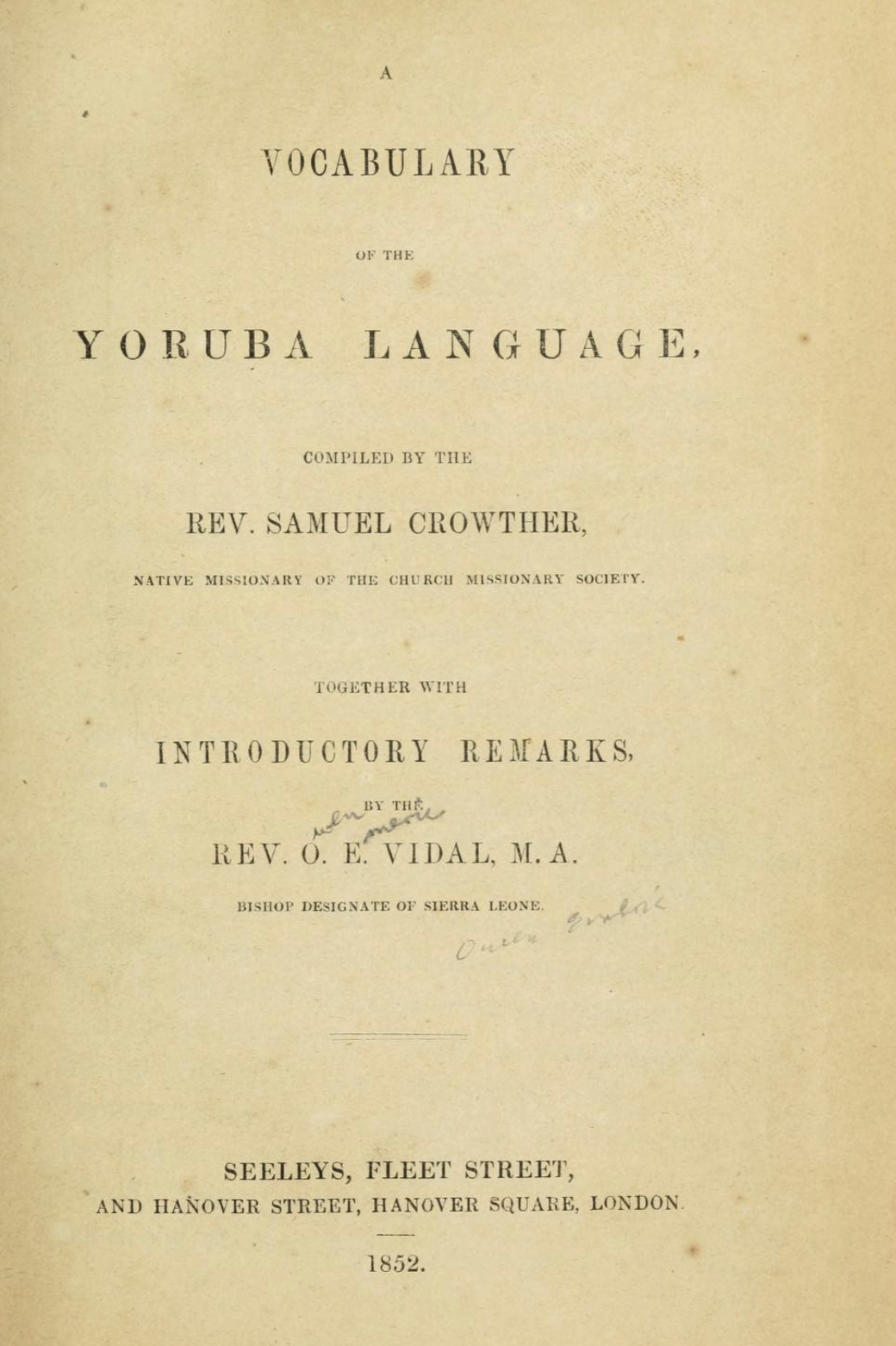
Cash Crops, Print Technology, and the Politicization of Ethnicity in Africa
With Philip Roessler and Valeria Rueda. R&R at the American Political Science Review.
What are the origins of the ethnic landscapes that define contemporary states? In Africa, we argue the current ethnno-political configurations were shaped by the dual economic revolutions that swept across the continent in the 19th and 20th centuries: the spread of cash crop agriculture and the diffusion of printing and writing technologies. We propose that these changes transformed ethnicity via their effects on politicization and boundary-making. The adoption of print technologies is hypothesized to have increased groups' communication capabilities, while leading to more salient – yet porous – ethnic identities through an Andersonian process of imagined communities. Cash crop endowments are also hypothesized to have increased the salience of ethnicity and groups' mobilizational capabilities due to the occupation of a common economic niche and greater resource wealth, but with less porous boundaries due to a Weberian process of social closure. We test these hypotheses by combining new geographic data on the location and intensity of colonial cash crop production and the published record of printed African languages, with group-level data on ethnic politicization and individual-level information on ethnic identity salience. Consistent with our theoretical expectations, we find that both historical cash crop agriculture and early exposure to African language printing lead to politically salient ethnic identities and that cash crops are associated with more narrow ethnic boundaries than print technologies.
Publication (PDF)